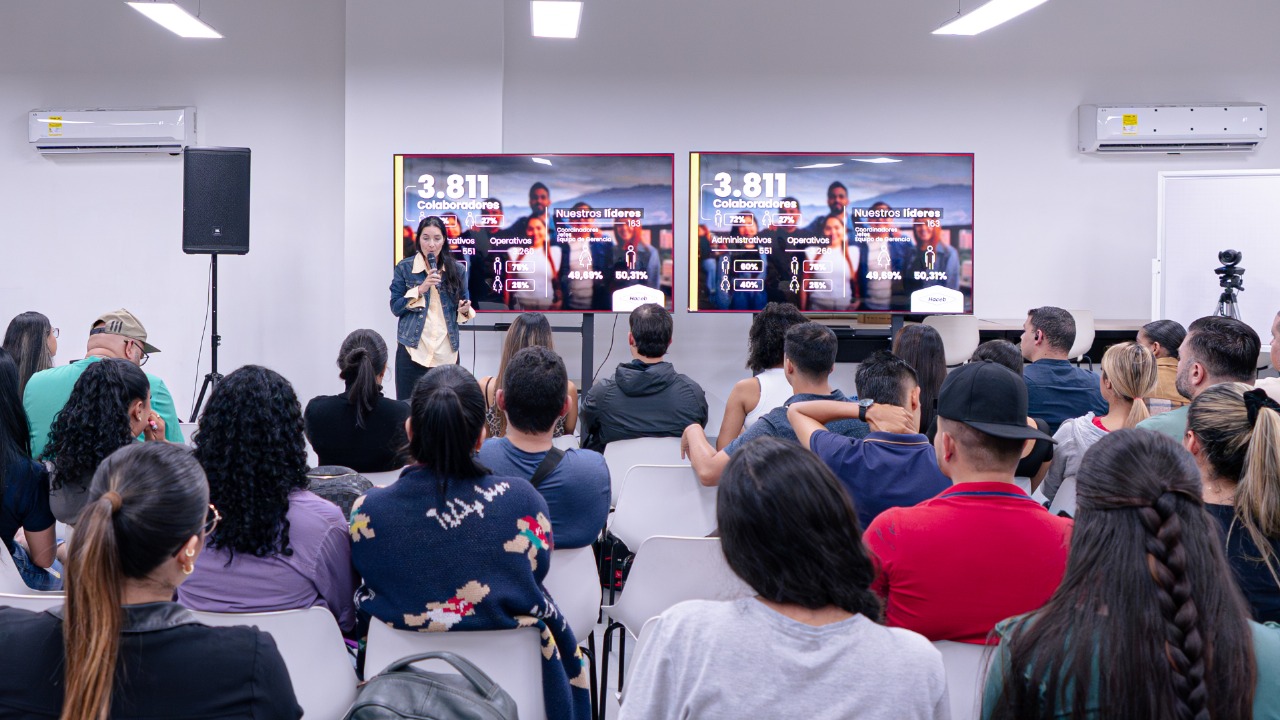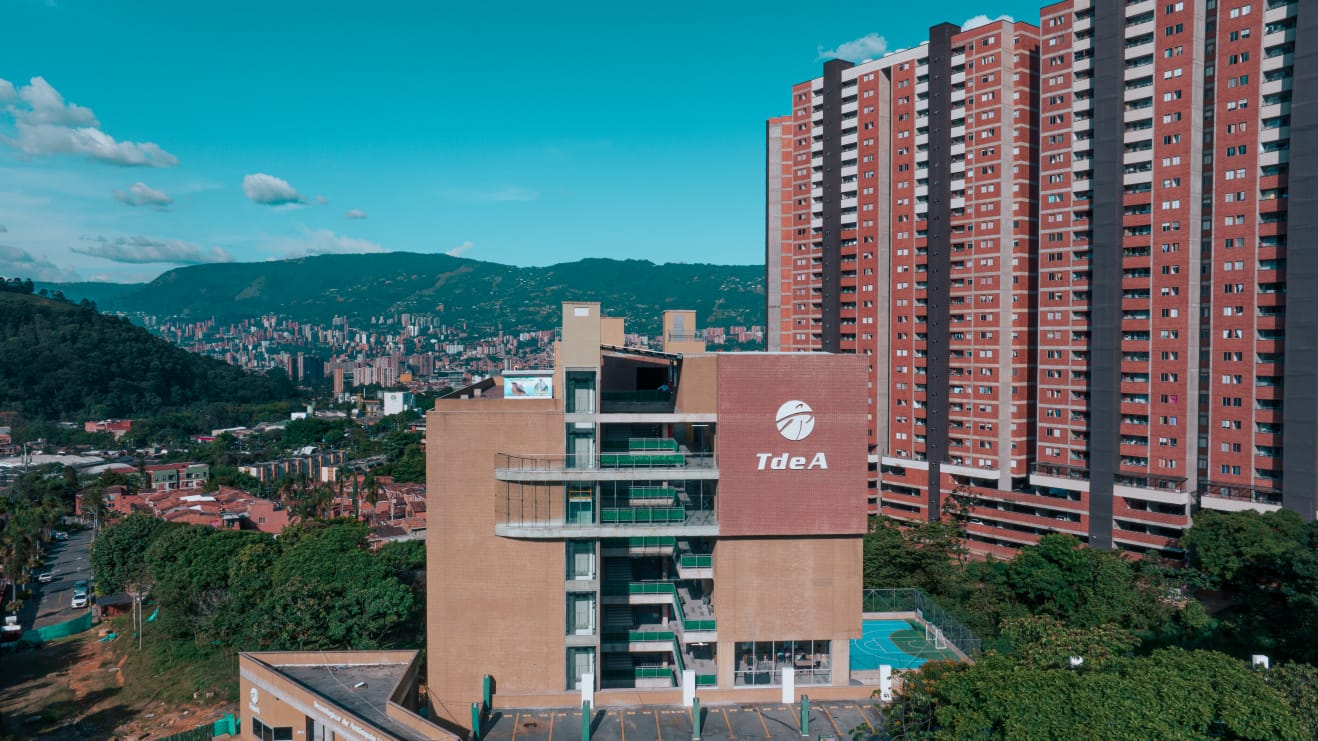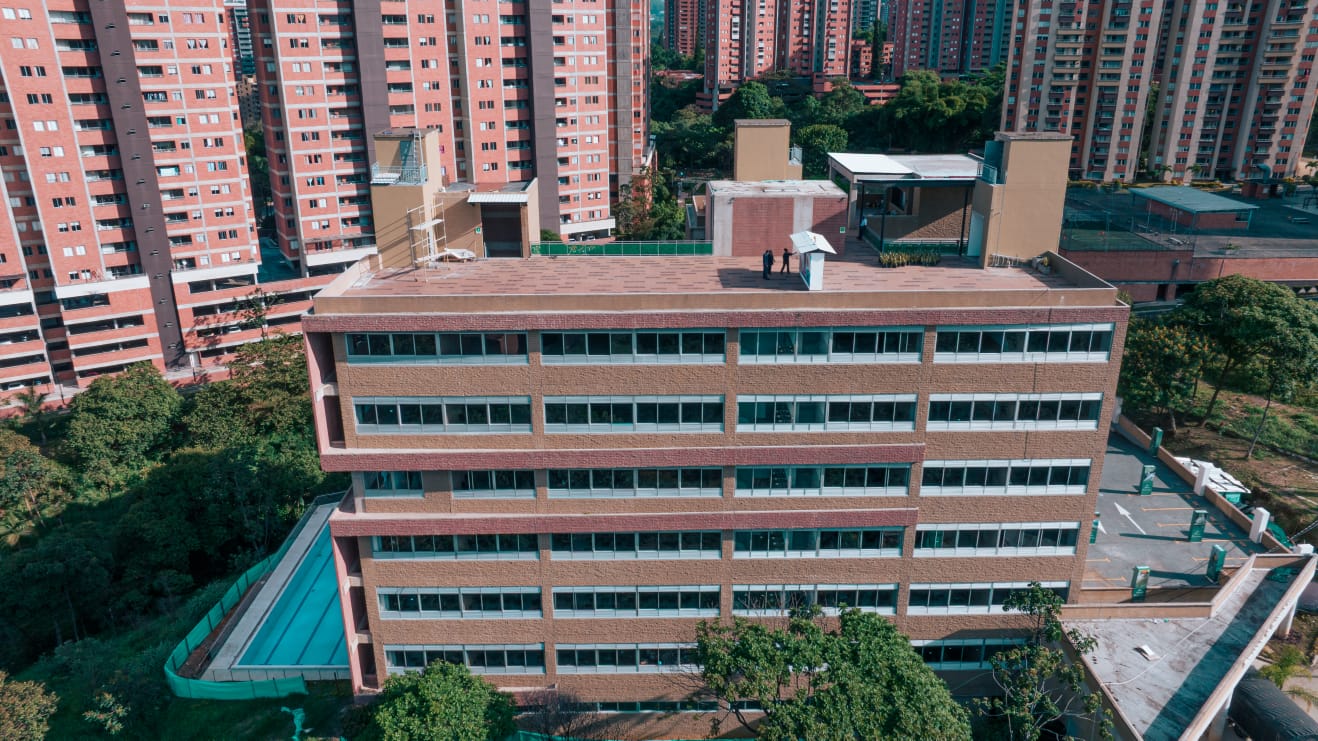Este 17 de agosto en Colombia, al igual que en otros países del continente, se celebra el Día del Ingeniero. En esta fecha, la academia, la industria, la institucionalidad y en general la sociedad reconocen el desempeño de aquellos profesionales, que, a través de modelos científicos, innovadores y criterio ético contribuyen al desarrollo de las comunidades en los territorios.
Se estima que la ingeniería, en su forma más rudimentaria, surgió con la misma humanidad. Es decir, hace cerca de 22.000 años, cuando el hombre comenzó a construir herramientas, refugios y técnicas para dominar el fuego.
Antiguas civilizaciones como Egipto y Grecia desarrollaron construcciones monumentales como pirámides y otras estructuras a partir de la ingeniería. En la edad media, basada en la fortificación arquitectónica, la ingeniería se focalizó en la construcción de castillos, puentes y grandes catedrales.
Sin embargo, de acuerdo con la historia, la ingeniería, fundamentada en el uso de cálculos matemáticos y ciencias aplicadas, se desarrolló como profesión a partir del siglo XVIII.
En los 42 años de vida institucional del TdeA, la Facultad de Ingeniería se ha posicionado como epicentro del conocimiento para miles de estudiantes y egresados deseosos de aportar al desarrollo de las regiones del país con sus conocimientos revestidos de sostenibilidad, responsabilidad social y ética profesional.
Con motivo del día clásico del ingeniero, el rector del TdeA, Leonardo García Botero, envió un mensaje de reconocimiento y gratitud a los docentes, directivos, personal administrativo, estudiantes y egresados de la Facultad de Ingeniería de la institución.
“Nos sentimos orgullosos del papel relevante que cumplen los ingenieros en cada una de las instancias de la sociedad; su desempeño ha sido determinante en el desarrollo y evolución de nuestra civilización. Nos satisface que nuestros ingenieros hagan parte de ese engranaje que propone un modelo social más justo, sostenible, incluyente y equitativo para todos”, además, resaltó la participación de docentes y empleados en la gestión y ejecución de proyectos de alto impacto institucional y académico.
En la actualidad, Facultad de Ingeniería del TdeA cuenta con tres programas de ingeniería: Ambiental, Agronómica y Software. Se espera que para 2026, la institución ingrese a su oferta profesional la carrera de Ingeniería Financiera, un novedoso pregrado fundamentado en la aplicación de inteligencia artificial -IA- para la resolución de retos macroeconómicos, industriales y de sostenibilidad.
“Los estudiantes de ingeniería e ingenieros de la institución se destacan porque piensan y actúan de manera integral y humanística. Son profesionales holísticos que procuran el bien colectivo y el desarrollo integral de las comunidades a partir de sus diversos conocimientos. Nuestras dos áreas: ciencias de la tierra e informática trabajan conjuntamente en la resolución de retos que aporten a la humanidad con soluciones basadas en la conciencia ética, ambiental y social”, destacó Andrés Felipe Montoya Rendón, decano de la Facultad de Ingeniería del TdeA.
En solo tres años, esta unidad académica pasó de tener 2472 estudiantes, en 2022, a más de 3.800 en el segundo semestre de 2025. También en las regiones, con cinco de sus programas de pregrado, la unidad académica es una de las grandes animadoras de la estrategia “Territorio TdeA”.
“Es muy satisfactorio poder aportar al desarrollo de las regiones con nuestra oferta. Por ejemplo, Ingeniería Agronómica se creó para los territorios y presencia en el campo, no para la ciudad. En estos momentos tenemos 13 grupos de esta carrera, ninguno en el Valle de Aburrá. Ese fue nuestro reto más lindo: llegar con educación de calidad a estas zonas apartadas de Colombia. Ahora, tenemos Ingeniería Agronómica en San Miguel, Putumayo, en límites con la frontera con Ecuador. Mientras que, en Guarne, San Pedro de los Milagros y otros municipios antioqueños tenemos Ingeniería de Software”, recalcó el directivo.
Esta presencia territorial le ha dado un lugar protagónico a la institución en los diversos estamentos académicos, universitarios y gremiales afines a las diferentes áreas de la ingeniería en el país.
La Facultad de Ingeniería del TdeA es fuente de consulta habitual por parte de gremios, entidades y centros de investigación ingenieril de Antioquia, Colombia, e incluso de otros países de la región latinoamericana; además es socia activa de ACOFI, Asociación Colombiana de Facultades de Ingeniería.
Recientemente, el Consejo Académico de la institución le otorgó un reconocimiento a ACOFI, con motivo de sus 50 años, por su aporte a la proyección científica e investigativa de las facultades de ingeniería de las universidades e instituciones de educación superior de Colombia.
![]()
A recognition, in its day, to all the engineers with the “Sello TdeA” (TdeA seal)
This August 17th in Colombia, as well as in other countries on the continent, Engineer's Day is celebrated. On this date, academia, industry, institutions, and society in general recognize the performance of those professionals who, thru scientific models, innovation, and ethical criteria, contribute to the development of communities in the territories.
It is estimated that engineering, in its most rudimentary form, emerged with humanity itself. That is to say, about 22,000 years ago, when humans began to build tools, shelters, and techniques to master fire.
Ancient civilizations such as Egypt and Greece developed monumental constructions like pyramids and other structures based on engineering. In the Middle Ages, based on architectural fortification, engineering focused on the construction of castles, bridges, and large cathedrals.
However, according to history, engineering, based on the use of mathematical calculations and applied sciences, developed as a profession starting in the 18th century.
In the 42 years of institutional life of TdeA, the School of Engineering has positioned itself as the epicenter of knowledge for thousands of students and graduates eager to contribute to the development of the country's regions with their knowledge imbued with sustainability, social responsibility, and professional ethics.
On the classic engineer's day, the president of TdeA, Leonardo García Botero, sent a message of recognition and gratitude to the faculty, directors, administrative staff, students, and graduates of the School of Engineering of the institution.
"We are proud of the significant role that engineers play in every aspect of society; their performance has been crucial in the development and evolution of our civilization." We are pleased that our engineers are part of that mechanism that proposes a more just, sustainable, inclusive, and equitable social model for everyone," he also highlighted the participation of teachers and employes in the management and execution of high-impact institutional and academic projects.
Currently, the School of Engineering at TdeA offers three engineering programs: Environmental, Agronomic, and Software. It is expected that by 2026, the institution will include the Financial Engineering program in its professional offerings, an innovative undergraduate degree based on the application of artificial intelligence -AI- for solving macroeconomic, industrial, and sustainability challenges.
"The engineering students and engineers of the institution stand out because they think and act in a holistic and humanistic manner." They are holistic professionals who seek the collective good and the integral development of communities based on their diverse knowledge. "Our two areas: earth sciences and computer science work together in solving challenges that contribute to humanity with solutions based on ethical, environmental, and social awareness," highlighted Andrés Felipe Montoya Rendón, Dean of the School of Engineering at TdeA.
In just three years, this academic unit went from having 2,472 students in 2022 to more than 3,800 in the second semester of 2025. Also in the regions, with five of its undergraduate programs, the academic unit is one of the main promoters of the "Territorio TdeA" strategy.
"It is very satisfying to be able to contribute to the development of the regions with our offerings." For example, Agricultural Engineering was created for the territories and presence in the countryside, not for the city. Now, we have 13 groups for this program, none in the Aburrá Valley. That was our most beautiful challenge: to bring quality education to these remote areas of Colombia. Now, we have Agronomic Engineering in San Miguel, Putumayo, on the border with Ecuador. Meanwhile, in Guarne, San Pedro de los Milagros, and other municipalities in Antioquia, we have Software Engineering," emphasized the executive.
This territorial presence has given the institution a prominent place in the various academic, university, and professional sectors related to the different areas of engineering in the country.
The School of Engineering at TdeA is a regular source of consultation for guilds, entities, and engineering research centers in Antioquia, Colombia, and even from other countries in the Latin American region; it is also an active member of ACOFI, the Colombian Association of Engineering Schools.
Recently, the Academic Council of the institution awarded ACOFI a recognition, on its 50th anniversary, for its contribution to the scientific and research projection of the engineering faculties of universities and higher education institutions in Colombia.






